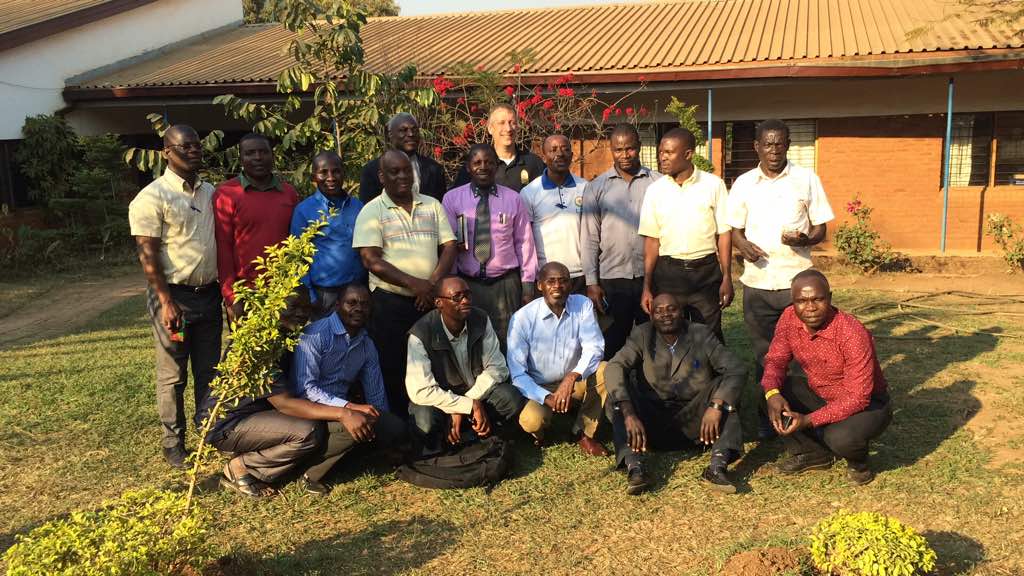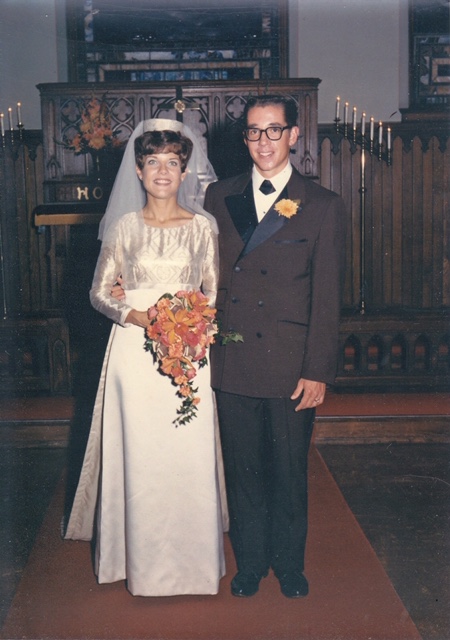Our Mission is to Spread the Word of God

What a story— and you are in it. One part of the story starts when Bright Pembeleka was young.
A bright student, Pembeleka lived up to his name. As he finished high school, he considered studying to be a medical doctor. He could help so many people in his country, Malawi.
Medical maladies often multiply in modern Malawian stories. Think HIV, TB, malnutrition, diabetes, mental illness.
In the U.S., UNICEF says, the under-five mortality rate is 6.5 per 1,000 live births. In Malawi, though, Partners in Health estimates 55 child deaths per 1,000 live births. Every statistic is a story, too.
So wouldn’t it have been good if Bright Pembeleka had served others medically? Sure.
“I was at high school, and just before writing final exams, I met my pastor, Pastor Boloweza. He was about to go as a Lutheran Church of Central Africa missionary to Mozambique.
“I was not interested at first in being a pastor. Pastor Boloweza thought too that I should be a doctor.
“At first our church council was willing. Then the council changed their mind: ‘Our mission is to spread the word of God,’ they said. They encouraged me to study at the Lutheran Bible Institute (LBI) in Lilongwe, Malawi. They sent a letter too: ‘We need him.’”
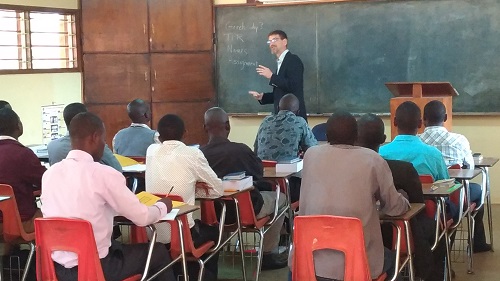
By God’s grace, Pembeleka did well in pre-LBI studies and test. He studied hard at LBI. Then he served Kilamon mission station. For three years, 2002–2005, he learned faithfully at the Lutheran Seminary in Zambia. Then he went back to Malawi. After vicaring at Lilongwe South congregation, he was called to serve Kamoto, a rural congregation, just south of Blantyre. So many ministry stories, he can tell.
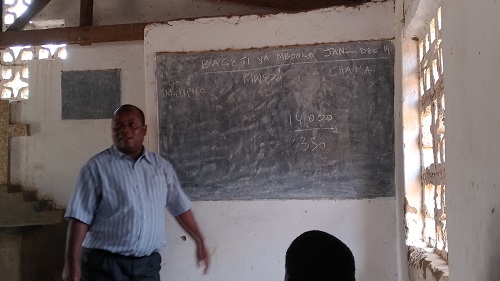
After 2.5 years, he was called to Beautiful Saviour Lutheran Church in Blantyre, Malawi’s second largest city. Much of the last 12 years he has also been vice chairman of the LCCA – Malawi synod.
He has helped the LCCA start new churches, work together for unity, make property decisions, and improve in gospel-centered stewardship. After four more years/nine more classes of post-seminary study, he has earned a Bachelor of Divinity (BDiv) degree through Wisconsin Lutheran Seminary. He has taken four classes in his Master of Theology (MTh) program too.
That is where I come into the story. Pastor Pembeleka was slated to join other Malawian and Zambian pastors for an MTh class in July 2020, taught by a visiting professor from the States, but we canceled the class with the closing of international borders due to COVID-19.
Instead, WLS asked me, the One Africa Team (OAT) missionary coordinating BDiv and MTh studies in Africa in our Confessional Lutheran Institute (CLI), to teach three pastors one-on-one.
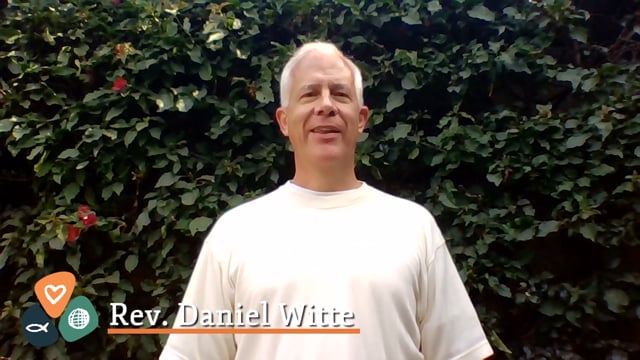
I checked with each. One wanted to ancient study church history, to help with his seminary teaching. Another wanted to study counseling, because of his seminary duties.
When I asked what area Pastor Pembeleka might like to specialize in, partly to prepare for a final MTh project, he wrote me, “It has been my plan to study Old Testament theology ever since I joined GRATSI, now CLI. The reason has been that when I have full knowledge of Old Testament, then I will be able to preach and teach New Testament well. Therefore, majoring in Old Testament will help my ministry a lot.”
Which is where you come into story. Do you see?
One way: Without your prayers and support, how could I have met Pastor Pembeleka, if only online? (We have not yet met in person.)
Without God’s mercy in action, how would he have been so well trained by so many other missionaries, pastors, and professors?
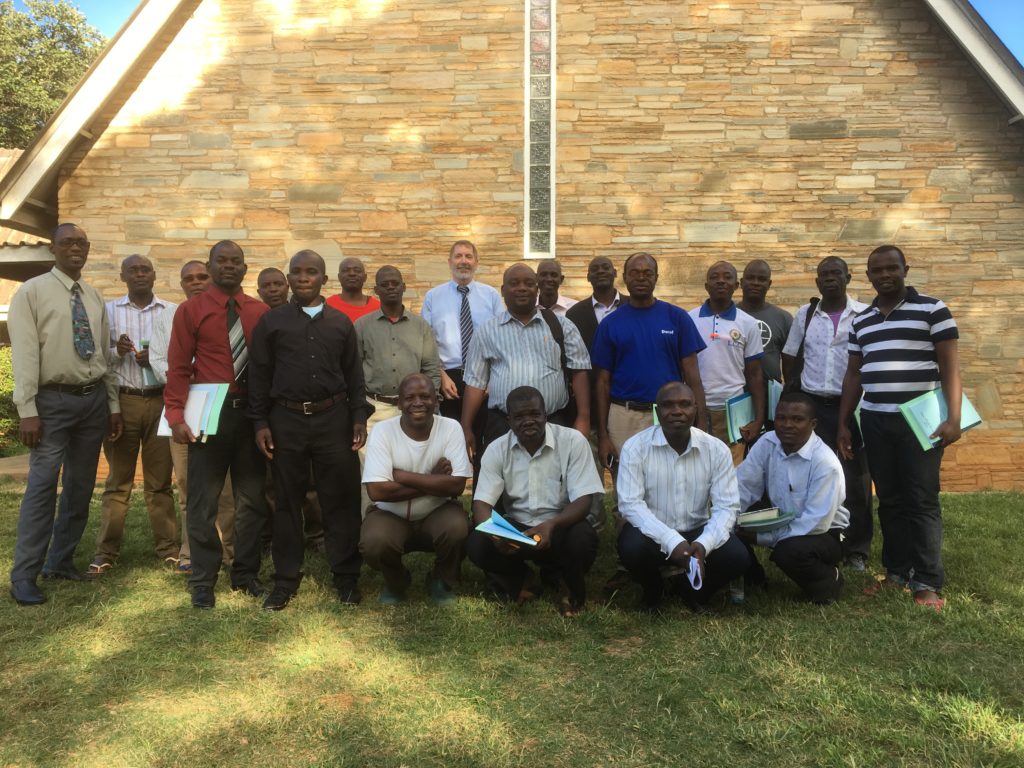
Without gifts from others, how would there have been money for each of us to have an e-book to study, let alone computers to study it on?
You may take internet availability for granted, too, but our Malawian pastors don’t. It’s costly. It comes in small bundles.
How could we have a weekly class over WhatsApp, an internet-based messaging service on our phones, without your generosity?

Best of all, the joy we have had in reading a book together, then discussing it for an hour each week, and praying about it.
Pastor Pembeleka told me, “This is the best book I have ever read.”
The book retells the Bible’s story from the garden of Eden in Genesis to the New Jerusalem in Revelation, unfolding God’s plan to share his royal love by creating royal priests who would care for the garden of Eden with him and for him.
As their family grew, they would need more space. They would lovingly expand the Garden of Eden to the ends of the earth; there God would be lovingly present always with his perfect people.

Satan had other plans. He figured he could crush God’s kingdom from the start by luring King Adam and Queen Eve away from God into sin and death.
God had a better, secret plan. After the fall we see it. Bit by bit, the whole Bible unfolds it: God would bless all nations through the Seed of the woman, the Descendant of Abraham, the King from David’s royal line.
You know the story. Pastor Pembeleka and I thought we knew it well too, but we have so enjoyed restudying the story, and seeing all the ways the Old Testament and New Testament fit together, all the ways the Garden of Eden, the tabernacle, the temple, Jesus’ physical body, the New Testament church, and the new heavens and new earth all fit together.
Recently in our final class, we discussed the new Jerusalem, which will have the most marvelous mankhwala (medicine). It will be the Garden of Eden all over again. The leaves of the tree of life there will be for the healing of the nations.

John continues (Revelation 22:3–5), “No longer will there be any curse. The throne of God and of the Lamb will be in the city, and his servants will serve him. They will see his face, and his name will be on their foreheads. There will be no more night. They will not need the light of a lamp or the light of the sun, for the Lord God will give them light.
“And __ will reign for ever and ever.”
How does the story end? What goes in the blank?
We might think the missing word would be “he.” “He will reign for ever and ever.” He will!
But the Bible’s story is better: “They will reign forever and ever.” All believers in the Lamb, all the royal priests of our Priest-King will reign with Christ, our brother, more and more closely and wondrously, we can only imagine, forever and ever.
Saints of all nations, all tribes, all tongues, all together, for all eternity: The never-ending story. The world-wide spread of the kingdom of God.
I love to tell that story of Jesus and his glory. So does Pastor Pembeleka.
Thank you for connecting us. Thank you for every way you have helped us.
Our mission is to spread the Word of God.
Missionary Dan Witte lives in Zambia and coordinates the BDiv and MTh programs of the Confessional Lutheran Institute
Please pray for those working in fields that are ripe for harvest. Share their story, engage with future news and receive updates. Learn more about our mission fields in Africa and how the Holy Spirit is working faith in people’s hearts at https://wels.net/serving-others/missions/africa

